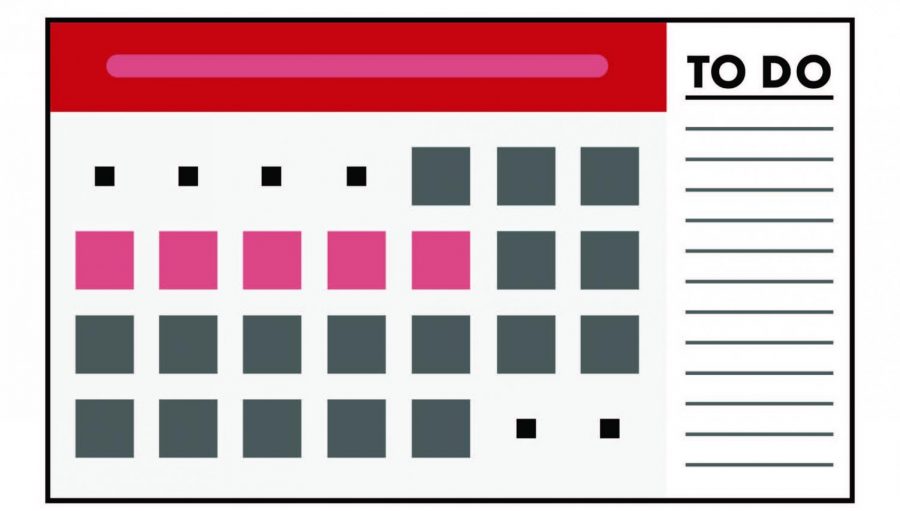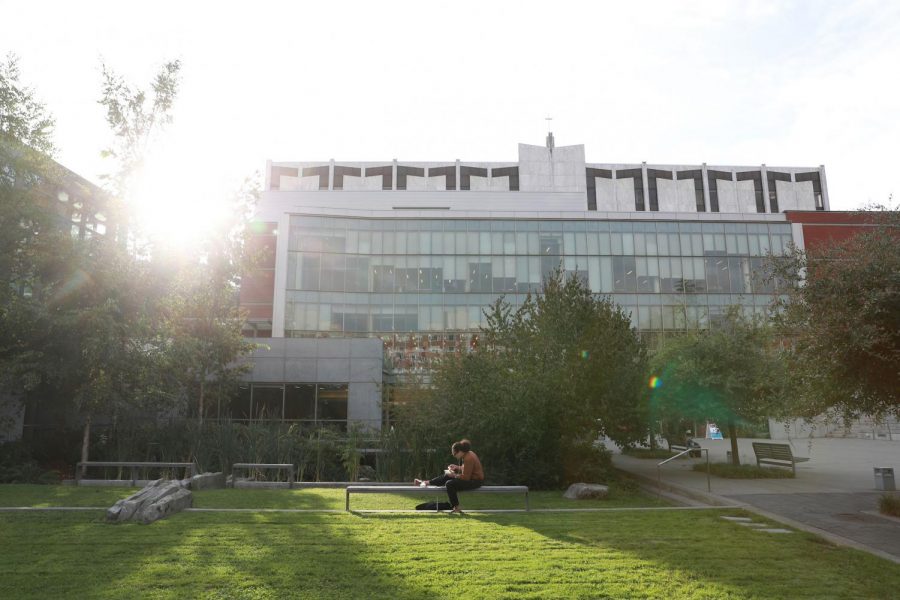SU Contemplates Switch to Semester System for Strategic Plan
Over the course of the past year, Seattle University has been making plans to introduce ambitious changes at the school and is currently in the process of hearing community feedback. These changes, put together by the Strategic Planning Steering Committee, will have a big impact on the landscape of the campus and the attitude that the university has moving forward over the next five years.
The Strategic Planning Steering Committee is made up of faculty, staff and community members and is drawing up the plans to submit to University President Fr. Stephen V. Sundborg, S.J. for approval. It is co-chaired by Robert Duella— the vice provost and vice president of planning—and Jen Marrone, a professor of management.
The plan is still in its drafting stages and currently has five main goals and 17 subcategories of actions to achieve these goals. The five goals are revising the curriculum, strengthening professional development opportunities, enhancing student experience, investing in a sustainable future and repositioning the school for further excellence.
There are different actions that the committee has come up with to meet these goals, including a possible change of the school from quarter to semester system. This idea was proposed to make it easier for students to get internship opportunities and study abroad—among other things.
“We were really grounded in all of the outreach that we did, we tried to really listen to what the challenges and opportunities that we were hearing about time and time again,” Marrone said. These goals are very broad proposals and the Strategic Planning Steering Committee is not yet entirely clear on how to achieve them.

The goals include a wide range of ideas—one of them being, investing in a sustainable future to discuss the schools environmental impact and its social and fiscal sustainability.
The ambiguity of the proposed goals is solved through a list of actions which lay out specific steps that should be taken to promote these changes.
“We think we are moving in a direction with a plan that will really drive positive change…we want to make a stronger and more mature student learning experience and we really want to strengthen our processes and institutions,” Duella said.
Another possible action mentioned in the plans is the construction of an event center to give students and the community a space to gather.
One action that would change the school’s overall administrative culture is the proposed changes to faculty and staff recruitment. The action, if approved by the board of trustees, would make hiring more inclusive and make staff retention through pay increases a priority.
These new actions and goals come from Seattle U’s mission to remain competitive in the higher education industry that the school predicts will change radically in the coming years—mainly with the introduction of students born during the 2008 recession and the growing competition from online colleges.
“I think the committee believes and our engagement reflects that higher education has changed a lot and it’s gonna changed a lot more, and Seattle University needs to change along with it. This plan is a way to affect real change,” Duella said.
Some faculty members are apprehensive about the proposed changes and worry about the process of creating the school’s strategic plan. Professor Jeff Philpott, a communications teacher and the director of the University Core curriculum, has been at the school for six other strategic planning periods over 29 years. Philpott is worried about the large amount of planning with no follow through, as this has happened in years past— but he remains optimistic about the current committee’s ability to get things accomplished.
“If we are going to start planning something, we need to have the results come out the other end of it…we rarely are going to get everything done that we set out to get done, we just need to match our ability to get something done with our ability to envision what we want to be,” Philpott said.
The committee is radically different from past planning periods. Instead of a large council with the goal of representing the entire community, it is a smaller steering committee that has the goal of getting outside input from the community this year. These changes are part of the reason why the document came out very lofty—but the goal is to balance this with pragmatism.
“We think it’s prudent to be ambitious in some ways—we all try to make it realistic but also we need to challenge ourselves,” Marrone said.
The rest of the planning process will continue as the committee continues to accept community feedback online until Nov. 1, where it will then submit the documents for approval. This will be a multi-year process as the school decides what actions it wants to take, but it will be several years before any of these major changes are implemented.
Logan may be reached at lgilbert@su-spectator.com


